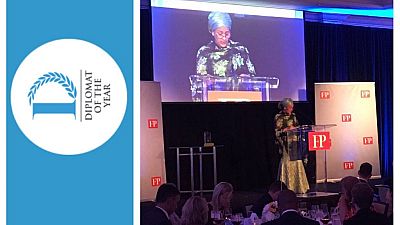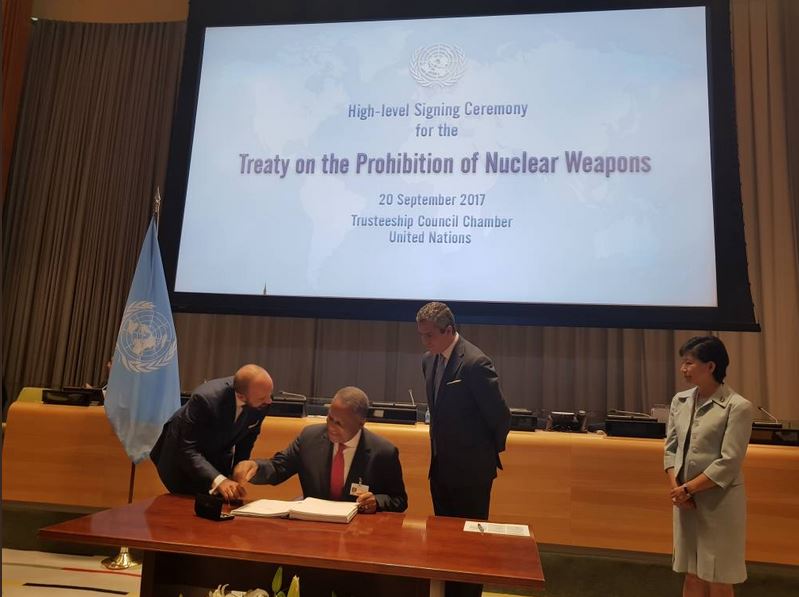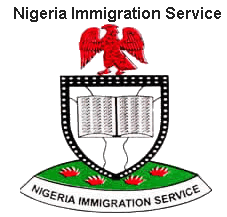Foreign Policy (FP) magazine has conferred the “2017 Diplomat of the Year” award on deputy United Nations Secretary-General, Amina Mohammed.
The diplomat of the year gong is a yearly event by the Foreign Policy magazine that reviews the accomplishments of leading officials and diplomats worldwide and seeks to identify those who have made the greatest contribution to international relations.
Mrs. Amina Mohammed, also the former Environment Minister of Nigeria takes over this award which was won by Google in 2016 and in 2015 by former United States Secretary of State, John Kerry.
In her acceptance message, the 56-year-old said she was receiving the accolade on behalf of the U.N. “that I proudly serve.” Adding, “I believe diplomacy is a tool that should bring us together to close the gap between what is and what should be in a world of peace, development and human rights.” She spoke about the challenges the U.N. faces in its global operations but stressed that there was the need to do all it takes to put the world on a good footing for future generations, adding that it was important for every one to become a diplomat in their own small way.
In her words:
“Today, as a woman of colour, a Muslim, an African, a mother of 6, a grandmother and as the Deputy Secretary-General of the United Nations, I owe it to the world to dig deep and to do my part in support of António Guterres to achieve our goals for a more peaceful world of dignity and hope, managing international relations, building trust, and leveraging diplomacy in the most unconventional ways and always speaking truth to power for those whose voices cannot reach these corridors of power.
Finally, I accept this honour for those women diplomats gone before me as I stand on their shoulders to carry on their unfinished work in our world of pain, desperation and yet we don’t have the luxury of failure.”
Before her appointment, the Nigeria and UK trained development expert, Amina Mohammed, was acclaimed in Nigeria as one of President Buhari’s most vibrant and best-performing appointees – since she took office in 2015. She served as UN Under Secretary-General and Special Adviser to immediate past Secretary-General Ban Ki-moon on Post-2015 Development Planning. She was instrumental in bringing about the 2030 Agenda for Sustainable Development, including the Sustainable Development Goals.
As Deputy Secretary-General of the UN, Mrs. Amina Mohammed has largely been in the forefront of global diplomacy much more than most of her predecessors at the global body headquartered in New York. Her appointment according to the Antonio Guterres, the U.N. Secretary-General was in line with restructuring the organization to reflect gender parity. She continues to play an outward role especially in the area of the U.N. development agenda.


